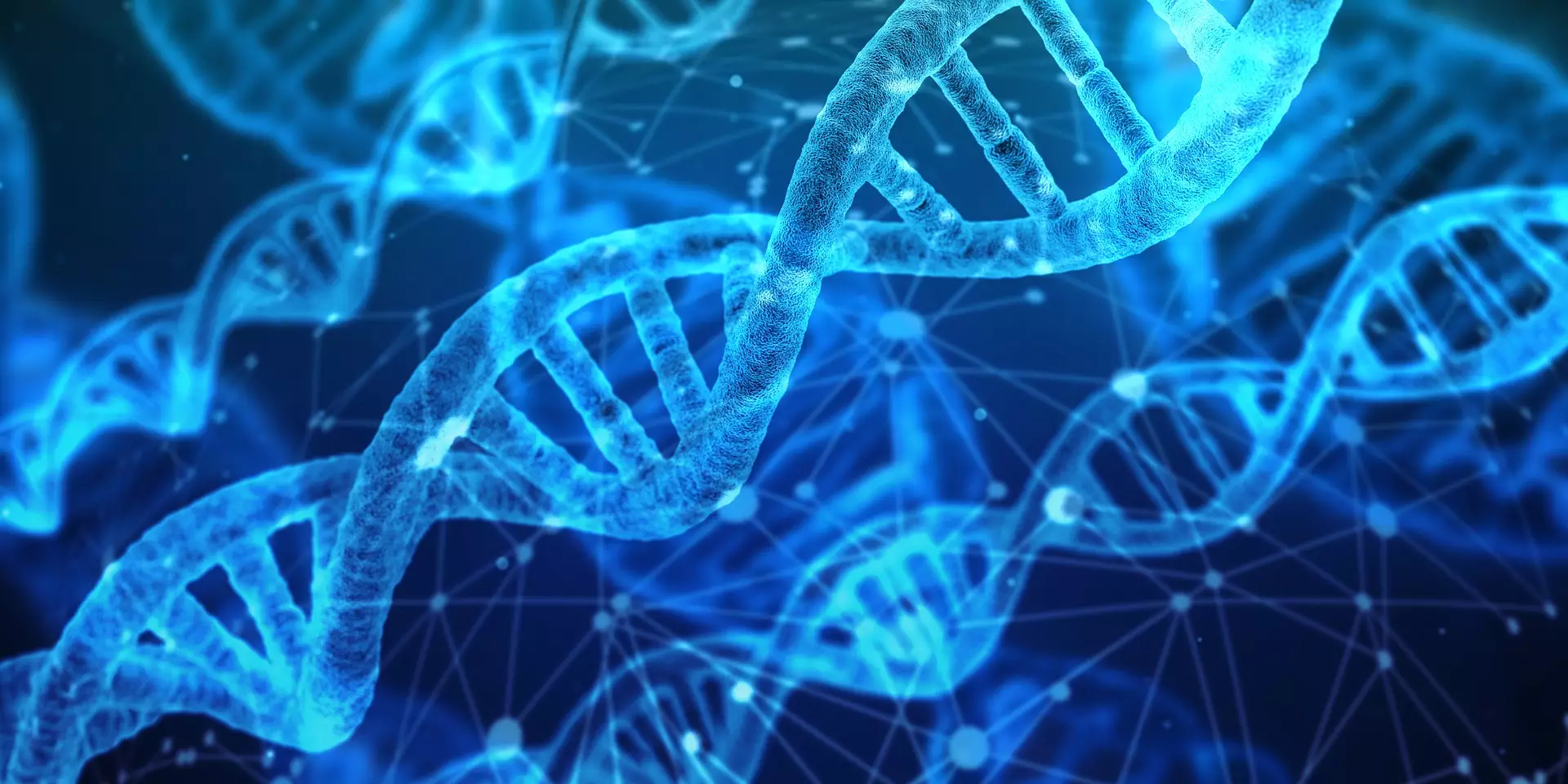Are Fibroids Genetic?
Fibroids, or non-cancerous tumors that grow in or on the uterus, affect up to 80% of people with uteruses in the U.S. by the age of 50. Black women appear to be disproportionately affected, but women of all races and ethnicities can develop both asymptomatic and symptomatic fibroids. Many gynecologists report that one of their patients’ most frequently asked questions is, “Are fibroids genetic?”
What causes fibroids?
The precise cause of uterine fibroids is still unclear, but multiple studies have linked them to increased levels of estrogen. Scientists have also identified several risk factors for fibroid growth, including:
- Early menstruation
- Frequent consumption of red meat, alcohol, and/or caffeine
- High body mass index (BMI)
- High chronic stress
- Low consumption of fruits and vegetables
- Vitamin D deficiency
Another risk factor is having a close relative, such as a mother or sister, who has had fibroids.

Are Fibroids Genetic?
(This image is from Pixabay.)
Studies and Genetics
Studies show that, statistically, if your mother had fibroids, then you are three times more likely than average to develop fibroids, as well. While this does raise your risk, it doesn’t guarantee that you will develop them, or that you would necessarily experience the same symptoms.
Scientists think that the role of genetics in fibroid development is primarily played out through mutated genes. One study, conducted by researchers at Brigham and Women’s Hospital and published in The American Journal of Human Genetics, found that many fibroids contain gene variants that differ from those in normal uterine muscle cells.
Studies involving twins also suggest an inherited component to fibroid growth, but not all fibroid-related gene mutations are necessarily inherited. Genes can mutate as cells replicate and divide. Lifestyle choices such as diet and smoking, and environmental factors such as exposure to various toxins, can also trigger changes at the cellular level.
Another study showed that genes involved in hormone-signaling, which have been linked to endometriosis, are also associated with fibroids. Further research found that women with a history of endometriosis were at higher risk for fibroids.
In one large study, a group of scientists from the University of Helsinki, Finland, examined the genomes of more than 15,000 women, using data from the U.K. Biobank. The data for these women were compared with data for a control group of over 392,000 people. The team’s analysis revealed 22 genome regions that were associated with fibroids and could contribute to their development.
Among the highlighted genes are some that:
- Regulate estrogen receptors, and
- Control female reproductive organ development.
Research has also shown that uterine fibroid growth is associated with the:
- Stifling of tumor-suppressing genes,
- Activation of oncogenes (genes that, under certain conditions, can transform a regular cell into a tumor cell), and
- Overexpression of estrogen-regulating genes.
Ongoing research is examining the genetic influences on uterine fibroid development and growth. If a close relative such as your mother, grandmother, older sister, or aunt has had fibroids, you may be at higher risk of developing them, as well. If you experience any fibroid symptoms, see your healthcare provider for diagnosis and treatment.


